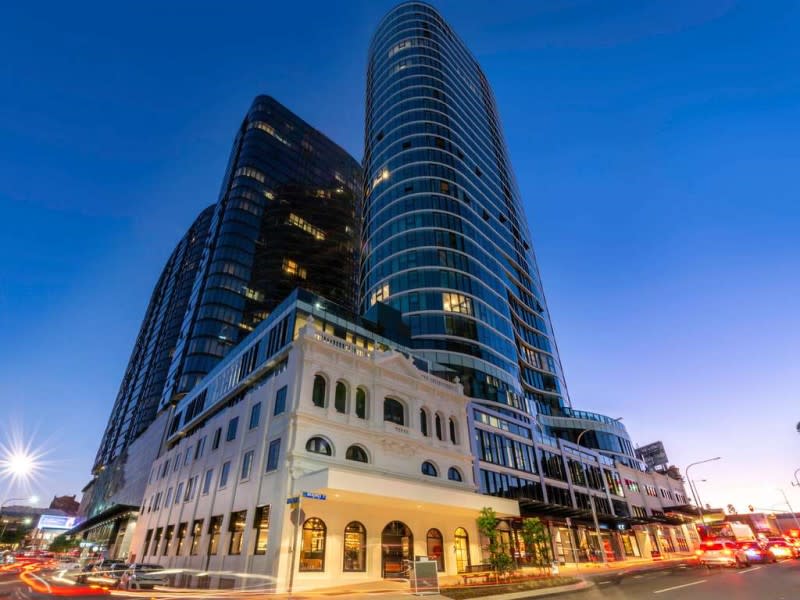
NOMINATIONS CLOSE SEPTEMBER 12 RECOGNISING THE INDIVIDUALS BEHIND THE PROJECTS
NOMINATIONS CLOSING SEPTEMBER 12 URBAN LEADER AWARDS
Resources
Newsletter
Stay up to date and with the latest news, projects, deals and features.
Subscribe
Changes to the National Construction Code (NCC) could help prevent many of the construction defects that occur in Australia’s residential and commercial buildings.
Engineers Australia wants the four critical changes to the code implemented to prevent the defects.
Water leaks account for 80 to 90 per cent of the defects and cost building owners and insurance companies up to $3 billion a year, according to Engineers Australia.
The four proposed changes to the code were drafted by the Watershedding Community of Practice and the Australian Building Codes Board.
These changes include using gravity to collect, redirect and drain water, removing flat areas from balconies, roofs and basement floors that prevent drainage, designing concrete slabs so that they do not prevent drainage when sagging and managing underground water.
It would be the first time managing underground water has been addressed in the code with some guidelines proposed around outdoor concrete slabs.
These include casting a slope of 1:80 falling to drainage outlets, a 70mm step down at sliding doors, a 70mm edge around the perimeter and 50mm edges at construction joints into the structure during construction and not after.
As the Bureau of Meteorology forecasts another La Nina weather event for Australia in the second half of 2024, flood risks are on Engineers Australia member Michael van Koeverden’s mind.
“Urgent change is required to address building performance and leakage issues,” van Koeverden said.
“Structural engineers play a critical role in preventing building leaks.
“While membranes typically last 10-15 years, structural designs are intended to last 40-60 years.
“When membranes fail, the structure must continue to drain water.
“The proposed changes to the NCC 2025 aim to address these issues by improving design and construction processes and enhancing collaboration among all parties involved in building projects.”

Engineers Australia chief executive Romilly Madew said changing the code would also help address the housing supply demand.
“Engineers Australia is advocating for the proposed changes to the NCC 2025,” Madew said.
“Engineers are critical to delivering resilient and safe buildings, and we cannot meet Australia’s unprecedented housing demand without addressing the challenges facing the industry.”
The proposed changes are open for review and public feedback on the Australian Building Codes Board website.
In September 2023, the body corporate for luxury residential project Fortitude Valley (FV) Peppers filed a lawsuit in the Queensland Supreme Court against builder Brookfield Multiplex, claiming damages due to water ingress, combustible cladding and the poor waterproofing of the facade.

As reported in other media, residents claimed cracks, water leaks, mould and fungal growth and water under the floorboards.
The Queensland Building and Fires Services’ defects register filed as part of the claim listed 110 defects for the 30-storey project.